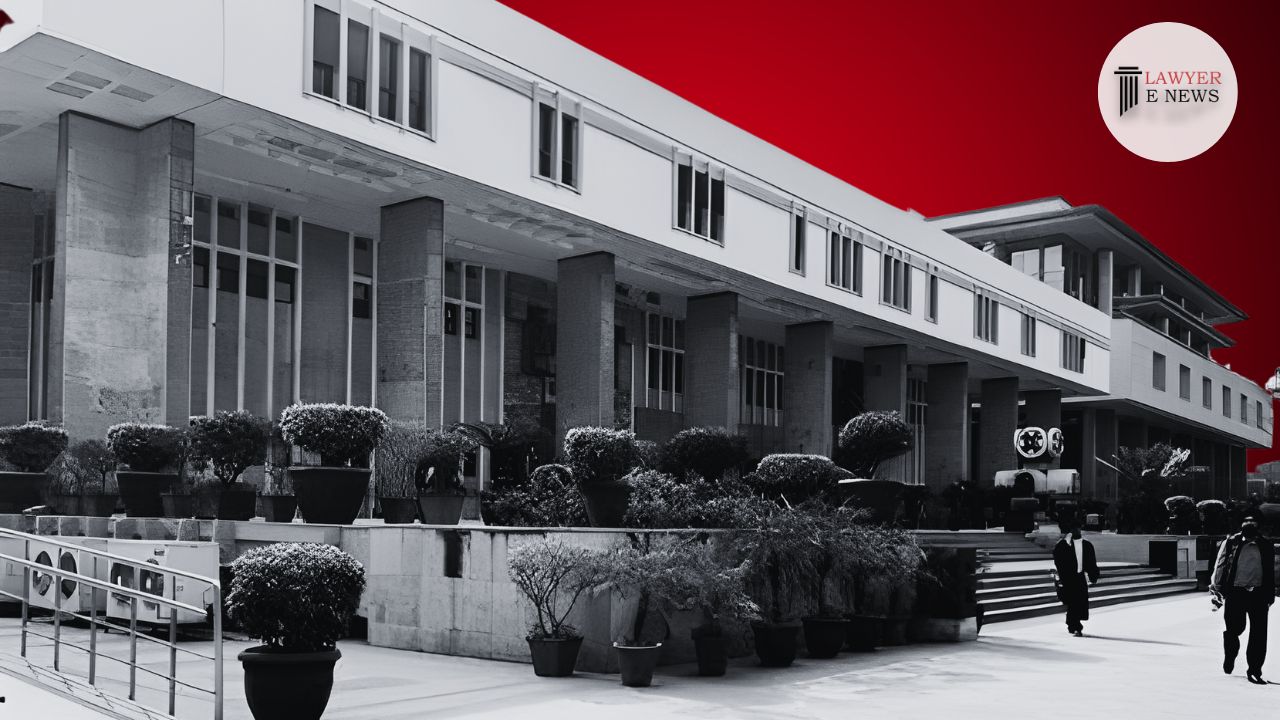-
by Admin
15 February 2026 5:35 AM



The Delhi High Court, in a recent judgment delivered on June 3, 2024, dismissed the writ petition filed by Vibhuti Negi against the National Testing Agency (NTA). The petitioner alleged discrepancies in her Joint Entrance Examination (JEE) scorecards, claiming that the NTA had uploaded two different response sheets and scorecards for her, causing confusion and alleged manipulation. Justice C. Hari Shankar, while delivering the judgment, highlighted the absence of a prima facie case and underscored the technical robustness of the NTA’s examination process.
Vibhuti Negi, the petitioner, appeared for the JEE, a highly competitive exam conducted by the NTA for admissions into prestigious engineering institutions such as the Indian Institutes of Technology (IITs). According to the petitioner, two response sheets and scorecards were uploaded by the NTA, leading to significantly different results. The first scorecard showed a percentile of 99.8493935, while the second reflected a significantly lower score of 74.5733907. The petitioner sought the quashing of the second response sheet and scorecard, alleging they were incorrect and did not pertain to her.
The court noted the NTA's assertion that the first response sheet and scorecard presented by the petitioner were fabricated. The NTA explained that their examination process is highly secure, relying on computer-based tests with no human interface, thus minimizing the chance of errors or manipulation.
Justice Shankar critically analyzed the evidence provided by both parties. He found significant inconsistencies in the petitioner’s claims, particularly the discrepancies in the application numbers and QR codes on the purportedly correct scorecards. The court pointed out that the petitioner's application number was incorrect on the first scorecard, and the QR code redirected to a Wikipedia page, further casting doubt on its authenticity.
The court reiterated the principle that while it is within the writ court's jurisdiction to adjudicate disputed facts, such intervention must be sparingly exercised and only when the facts are unequivocally clear. The court found no compelling reason to deviate from this principle in this case, given the strong evidence presented by the NTA supporting the integrity of the second response sheet and scorecard.
Justice Shankar emphasized, "There is no prima facie case that persuades this court to accept the petitioner's assertion that the first scorecard and response sheet should be deemed correct. The integrity of the NTA's examination process is robust and reliable."
The Delhi High Court’s judgment underscores the judiciary's reliance on the technical and procedural robustness of standardized testing agencies like the NTA. By dismissing the petition, the court has reinforced the reliability of the NTA’s examination processes and sent a clear message about the judicial scrutiny applied to allegations of manipulation and fabrication in high-stakes educational assessments.
Date of Decision: June 3, 2024
Vibhuti Negi v. National Testing Agency & Anr
